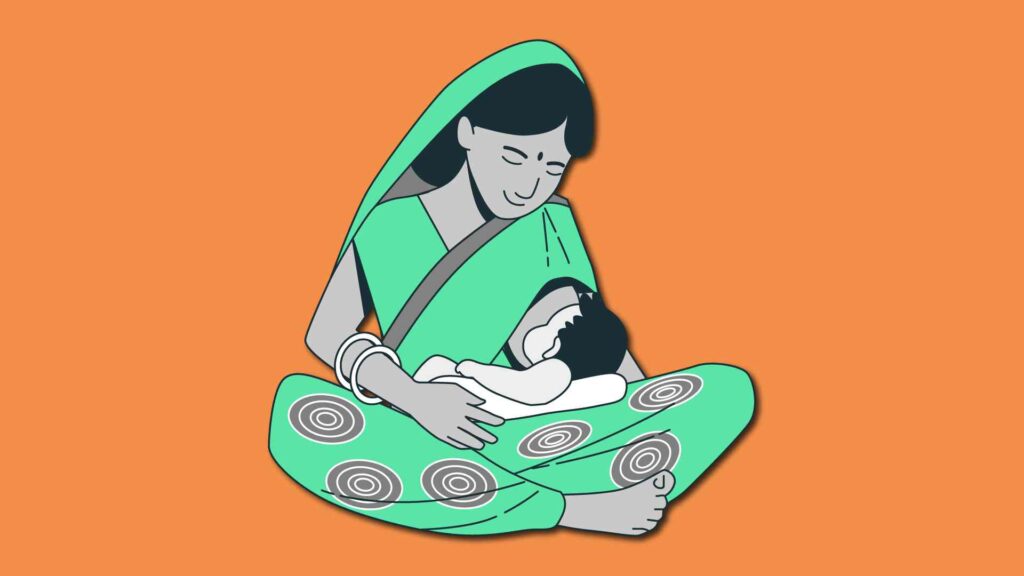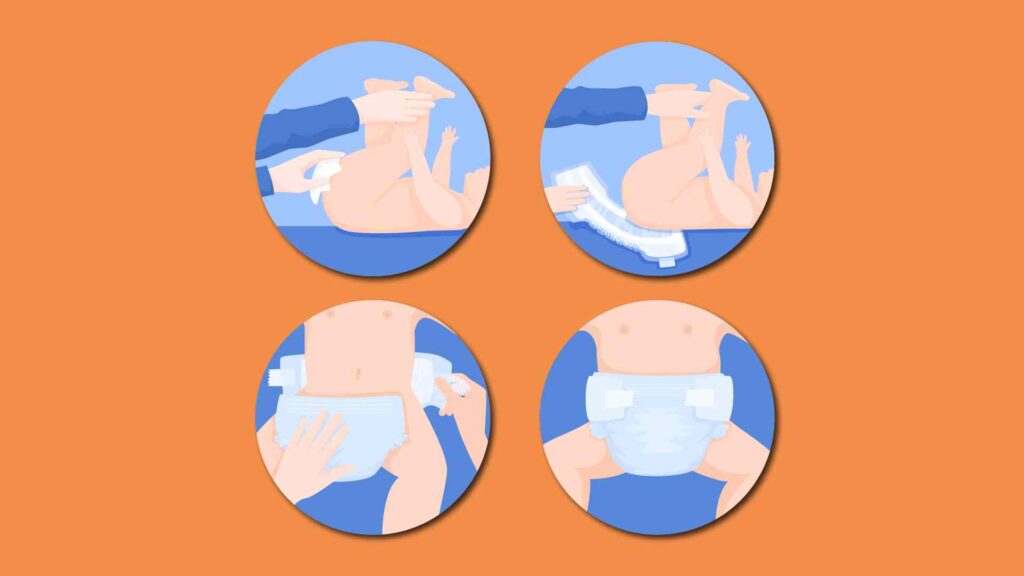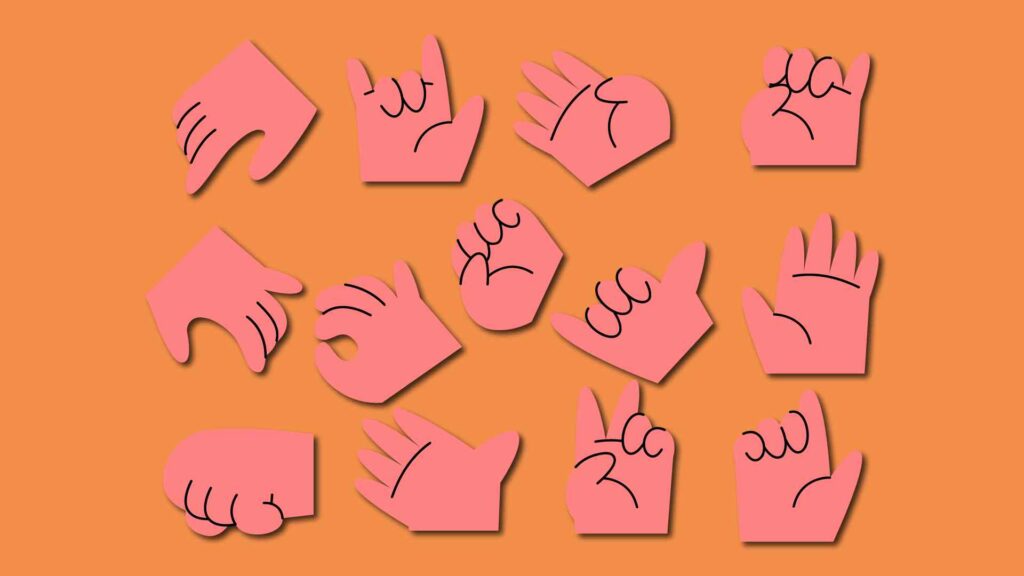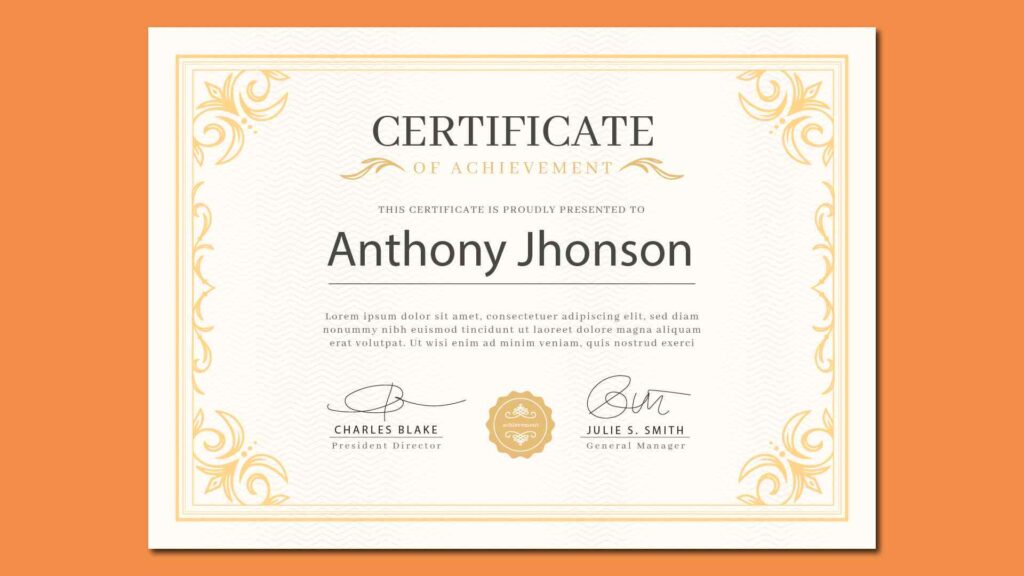Newborn Baby – 15 Important Things to Do After Baby Birth

Congratulations! Your baby is finally here!
Looking after a newborn baby can be an overwhelming task and you may feel lost in the beginning, but there is no need to stress.
Here, we have gathered 15 essential steps that should help you ensure your little one’s health and safety in their first few weeks with you. With these helpful tips, we hope that you can find some peace of mind and enjoy all those wonderful moments with your newest addition to the family.
1. Get him cleaned up and dressed

After a newborn baby is born, it is natural for the parents to take extra special care of them. One of the most important things that should be done right away is getting the baby clean and dressed. Newborns are very delicate and vulnerable, so it’s best to be gentle and use products made specifically for infants such as soft, unscented body wipes or a damp washcloth for their face and body.
Make sure that any clothing you dress your baby in is free of embellishments like ribbons or strings that could prove dangerous, and make sure it fits properly to avoid any discomfort.
Cleaning up and dressing your new bundle of joy is just one of the many responsibilities that come with having a newborn baby, but also one of the most important ones.
2. Check his/her weight, height, and head circumference

Newborn babies are delicate and require extra attention to ensure their health and safety. One important thing you should do after welcoming your baby into the world is checking his or her weight, height, and head circumference.
This information helps your doctor determine if the baby’s development is progressing normally and may indicate any health concerns. Newborns can lose support from the body during the birthing process, so these measurements also allow doctors to know if further specific monitoring is required for a safe recovery of the child’s basic functions and growth pattern.
Completing this step will give you peace and comforting assurance that you have done everything possible to ensure your baby’s healthy development.
3. Apply ointment to the baby’s eyes

New parents often forget to apply ointment to their baby’s eyes, when taking care of a new baby. It’s essential as this helps to keep bacteria away from the eyes.
Newborns can be fussy when it comes to their eyes, so this ointment must be applied in a gentle manner that doesn’t cause any irritation or discomfort.
New parents should also make sure they have enough ointment on hand and that they know how much is safe for their newborn’s sensitive skin. Taking these safety precautions will help ensure that your precious newborn stays healthy and happy after birth.
4. Give the baby his first bath

New parents have many tasks to attend to directly after the birth of their newborn. One of the most important things to do is give their baby his first bath, something that should be done cautiously and carefully.
New mothers and fathers should remain mindful of keeping the water at a comfortable temperature and use a soft, gentle touch as they bathe their gentle, delicate little one for the very first time.
Newborn babies require a lot of tender care after being born and this is one of those special moments when parents can provide love and warmth while introducing the newest addition to their family!
5. Gently dry him/her off with a soft towel

Parents should gently dry their little one off with a soft towel – they need to be extra careful and use an extra light touch as the skin of such a tiny babe is so sensitive and fragile. After that, it’s time to check for any identifying marks or birthmarks that can be used for later identification and medical records.
New parents also need to check for signs of good health, such as monitoring breathing patterns, and heart rate and checking other vital functions that indicate if their baby is in optimal health.
Newborns should also have their Apgar score checked, which measures the physical condition of infants immediately after birth. Last but not least, don’t forget to give your new bundle of joy some love and tender care – this will help them bond with you from day one!
6. Wrap the baby in a clean receiving blanket

After bathing and drying him/her, Now it’s important to take certain actions so that the baby is as safe and comfortable as possible in their new environment. One of the most important steps that should be taken to ensure the baby’s safety is wrapping them snugly in a receiving blanket.
Receiving blankets provide two crucial layers of protection; they keep the baby warm and serve as a soft barrier between them and any outside agents or debris in the surrounding area.
Newborns require immediate attention for quick warming and protection, so ensuring the preparation of a soft, clean receiving blanket before baby birth is an essential task for any prepared parent-to-be.
7. Apply a thin layer of petroleum jelly to his penis and scrotum, if needed

After the baby’s bath, it is recommended to apply a thin layer of petroleum jelly to his penis and scrotum, if needed. This helps protect from potential diaper rash or irritation. It is also recommended to use mild soap and warm water when cleaning your newborn baby’s genitals. Gentle and knowledgeable care will help any newborn boy grow up healthy and happy!
8. Breastfeed or bottle-feed your baby

Breastfeeding and bottle-feeding offer different benefits for both mother and baby, so it’s important to carefully consider each option before making this decision. Newborns who are breastfed benefit from nutritional immunity capabilities built through naturally occurring antibodies found in breast milk, while formula-fed babies can receive nutrients that provide added health benefits like iron deficiency prevention.
Choosing to either breastfeed or bottle-feed your baby is a personal decision but deciding soon after birth helps give the baby the best possible start in life!
9. Place him in a bassinet or crib near his mother’s bed

Placing the baby in a bassinet or crib near his mother’s bed is important for his/her good health. This allows her to respond quickly to the baby’s needs during those first few weeks when they are still getting used to each other.
Having the baby close by also gives the parents an easy way to check on him throughout the night which can go a long way toward providing peace of mind.
New parents certainly have plenty on their plate but placing the newborn child in a bassinet or crib near his mother’s bed should remain at the top of their list of priorities.
10. Bond with your baby

Newborn babies are a fascinating and unique bundle of joy who teaches us the power of unconditional love. Creating and celebrating your bond with your little one is an important part of the parenting journey.
To help build a strong connection, take time for cuddling and skin-to-skin contact to naturally nurture your baby, making them feel safe, warm, and loved.
New parents can also express their affection through the use of gentle words or soft touches, helping to develop both verbal and nonverbal communication.
Newborns require special care – but their needs can be met with tenderness and thoughtfulness that will go on to form a long-lasting bond between you and your baby.
11. Learn how to bathe, dress and change your baby’s diaper

After bringing your newborn baby home, there may be intimidating tasks a new parent is not prepared for. Daily encounters such as hair-washing, dressing, and diaper changing can be challenging at first.
New parents can take comfort in knowing that with patience and practice, these important acts will eventually become second nature to them.
New moms and dads should equip themselves with the know-how of how to bathe, dress, and change their baby’s diapers from the beginning to ensure that they are comfortable with caring for their baby properly.
New parents should also seek guidance from more experienced family and friends when learning key day-to-day activities like bathing and dressing their new bundle of joy.
12. Put your baby to sleep
Newborns need plenty of sleep, as much as 17 hours a day in the early days. Putting your baby to bed can seem like a daunting task but with patience and dedication, it doesn’t have to be!
Before laying down your precious bundle of joy, be sure to wrap them in a cozy swaddle that will keep them feeling safe and secure.
Newborns may also find peace in the consistency of having the same sleep routine night to night which aids in the transition from being asleep to being awake. Once your newborn has settled into their routine, you’ll both be enjoying restful nights.
13. Learn how to recognize the signs of a sick baby and when to seek medical attention.

The Additional responsibility for parents is that to learn the signs of a sick baby and when to seek medical attention. Newborns are fragile and vulnerable, so parents must take the time to familiarize themselves with common infant illnesses, how to recognize them, and how to respond appropriately.
Newborns may not be able to express discomfort in any other way but crying loudly, so it’s up to parents to recognize when these cries are more than just normal fussing. Knowing when a course of action needs to be taken should include medical evaluation from doctors and pediatricians who can provide their expertise on possible treatment options.
Newborn babies require extra tender love and care; recognizing a sick baby early on is one way that parents can help ensure their child receives the best possible start in life.
14. See your baby’s doctor for a checkup

Seeing the doctor for a checkup is one of the most important things to do after your newborn baby arrives. It’s an essential step in getting them off to a strong, healthy start.
A thorough assessment of their vitals and body functions can provide peace of mind that your little one is circulating and growing properly, while also allowing you the opportunity to ask any questions you may have.
Join other new parents in ensuring their baby’s health and well-being by scheduling a checkup soon after the baby’s birth; it will help put your mind to rest as you embark on this journey as a family.
15. Register your baby’s birth certificate

One of the very other things that are recommended to do after your baby is born is to register their birth certificate. This document will provide your newborn with an official record of the parentage and will be used for various important steps in life such as entering school, obtaining a passport, and more.
Completing this step where applicable can save parents a great deal of time later on by providing all the necessary information from one source. Newborns can also benefit from registering birth certificates by having access to certain programs, such as health care benefits and child tax credits.
New parents are encouraged to register their newborn’s birth certificate as soon as possible so they can take advantage of all these benefits!
Hello Everyone, How did you like this (Parenting) Newborn Baby – 15 Important Things to Do After Baby Birth? if you like this article share your view in the comment box, and don’t forget to share this with your friends on Social Media so they can also redy this. For more keep visiting Storiespub.com.
Suggeted Articles =






What’s up, I check your blogs daily. Your writing style is awesome, keep up the good work!
Greetings! Very helpful advice within this
article! It is the little changes which will make the greatest changes.
Thanks for sharing!